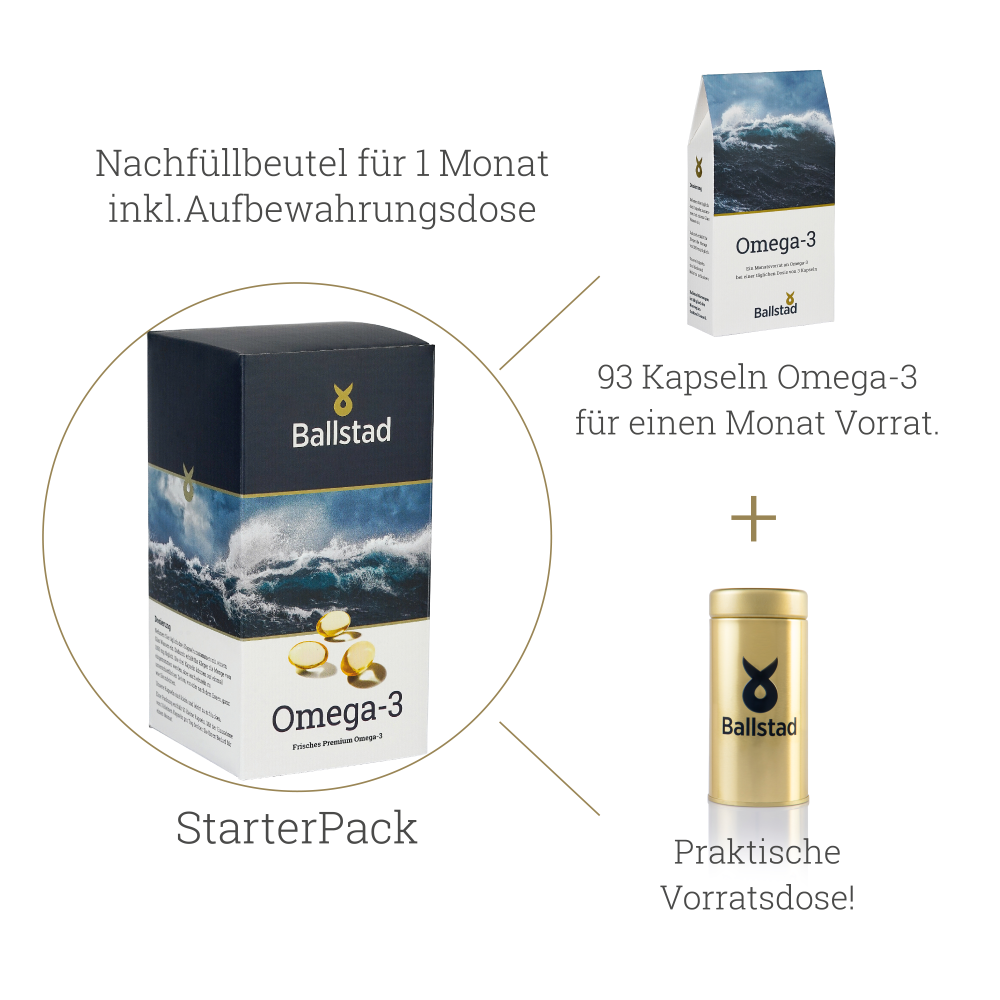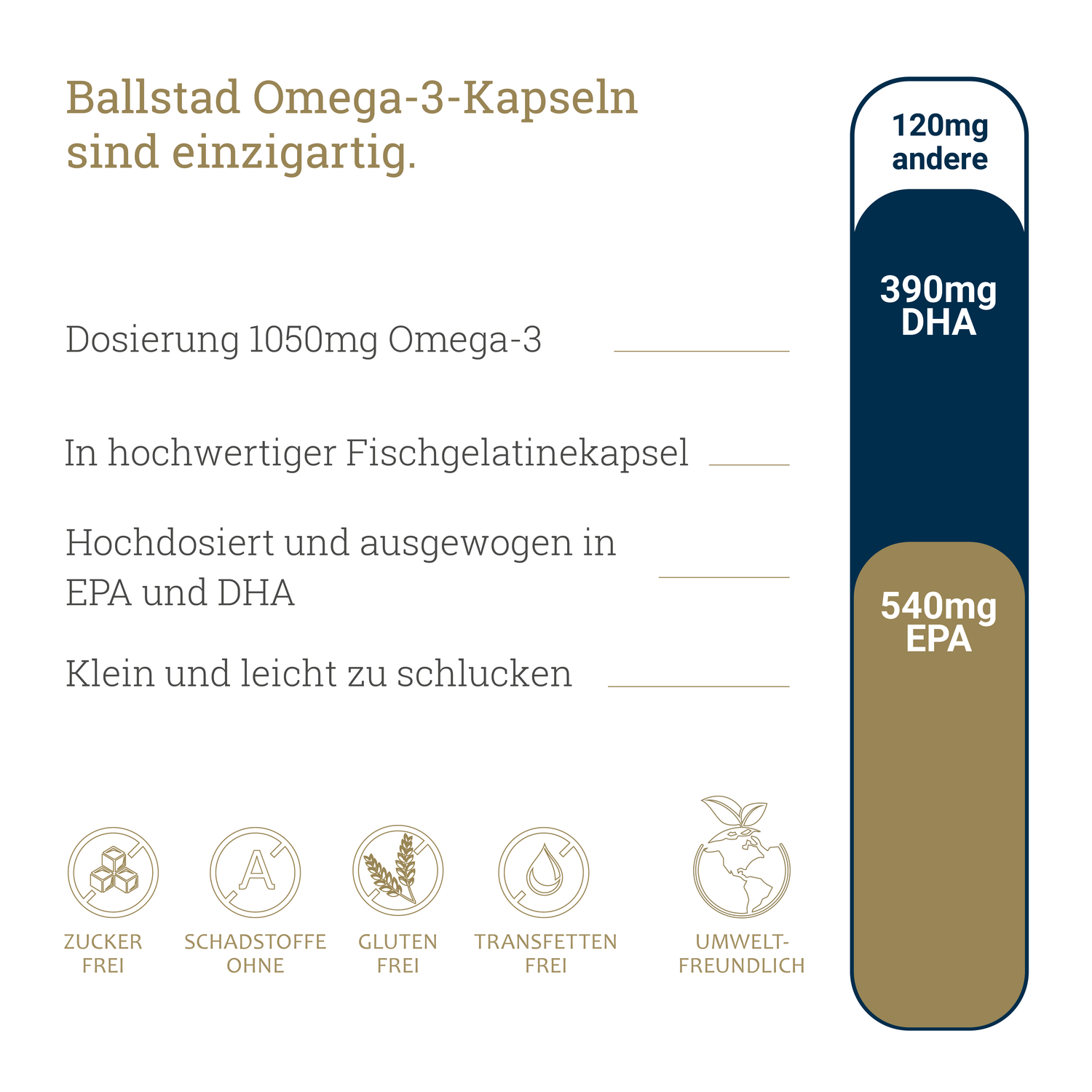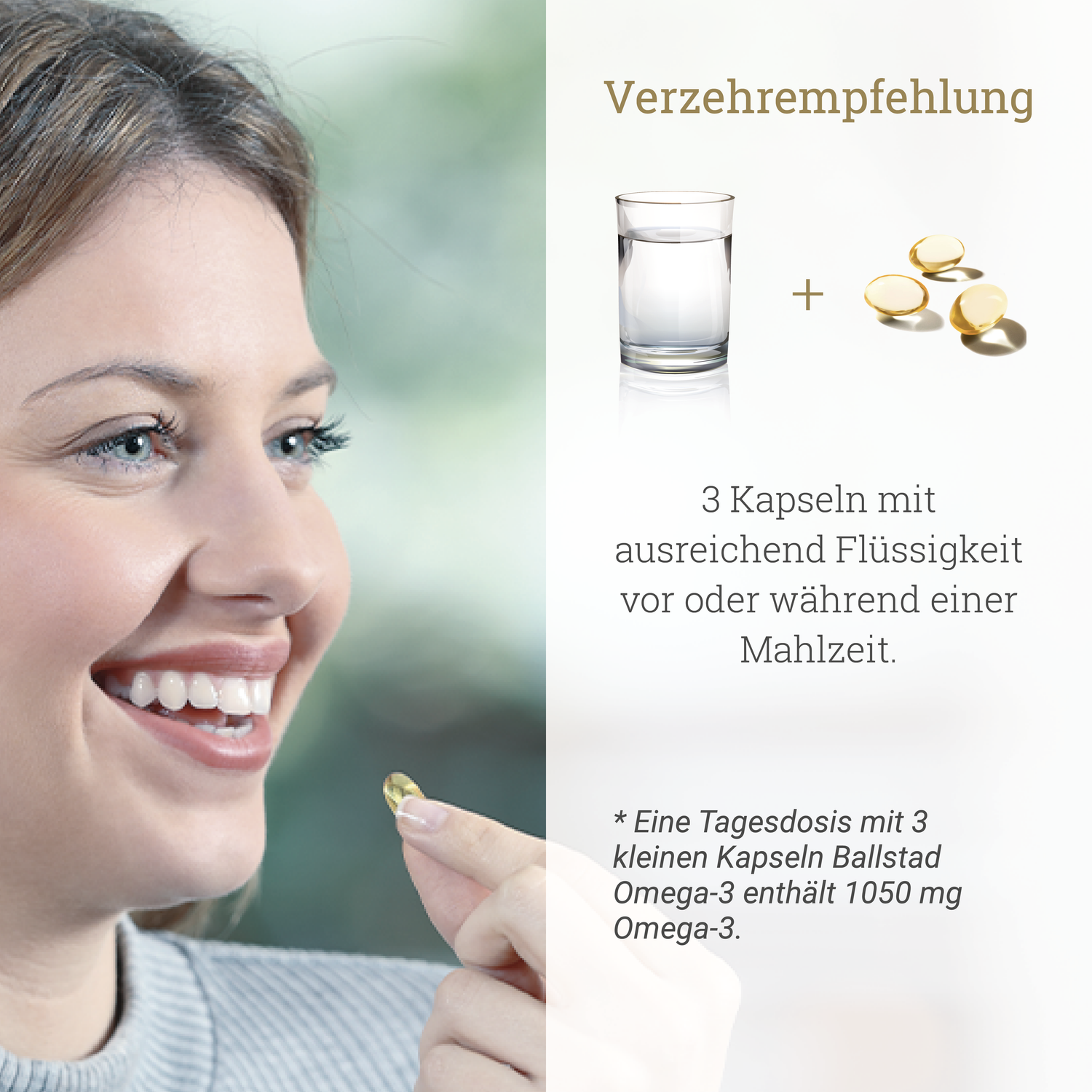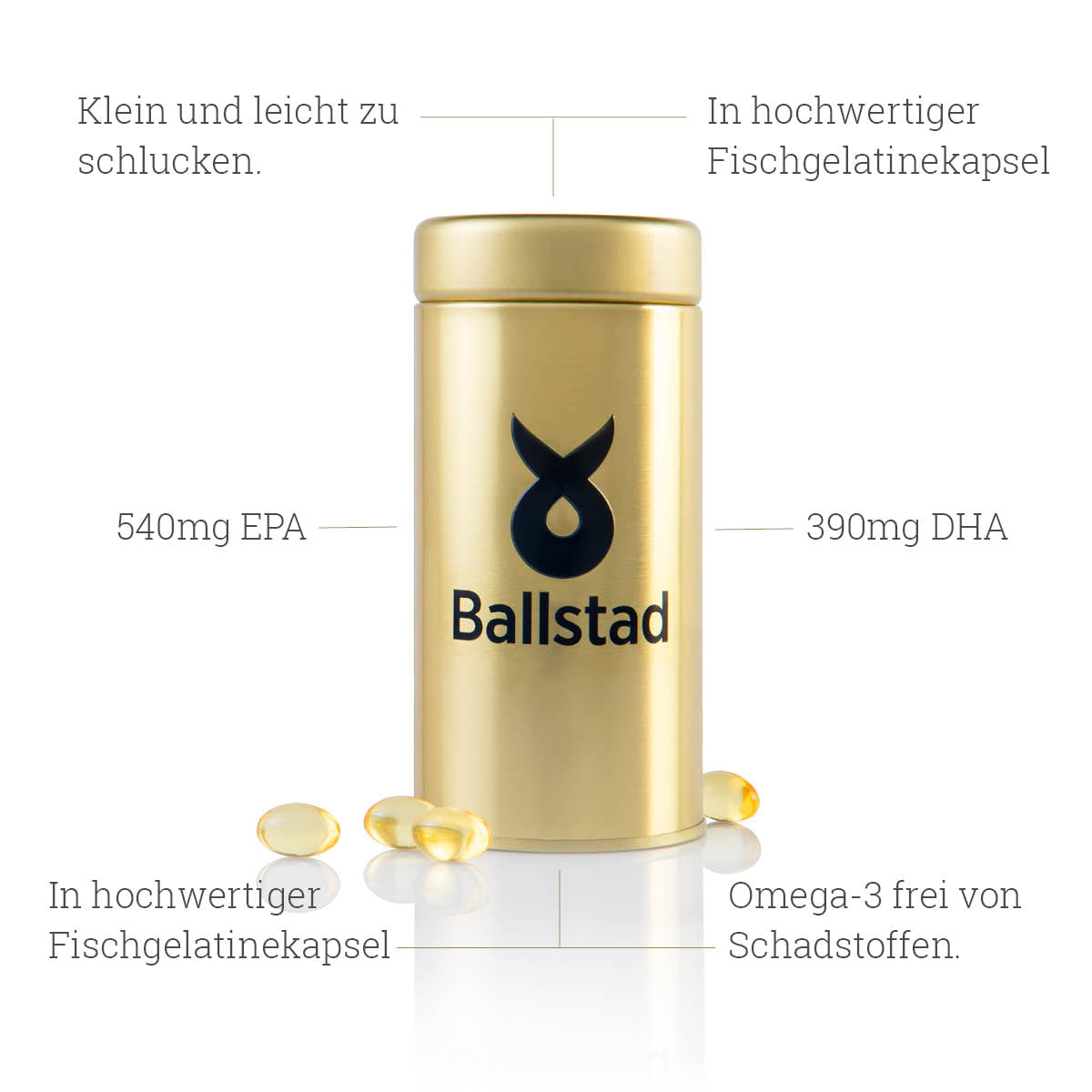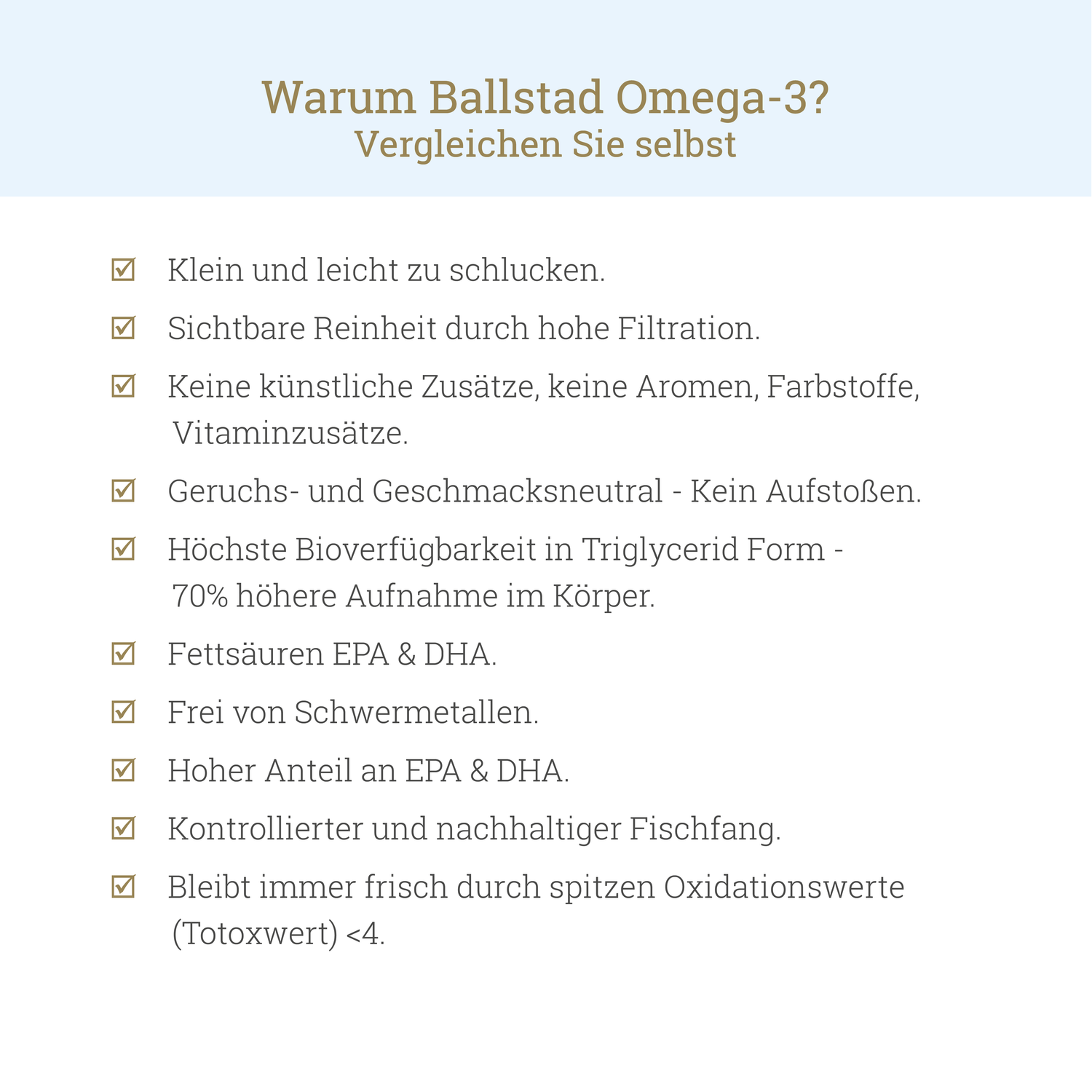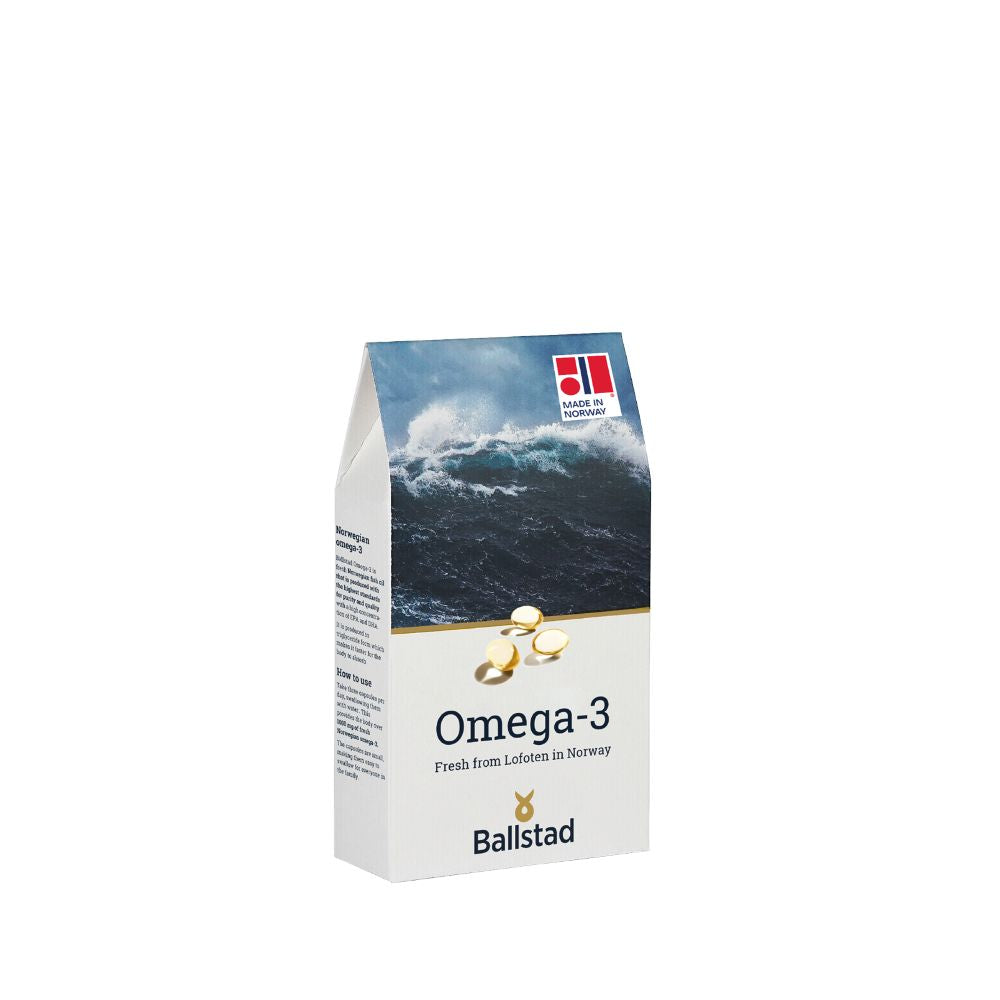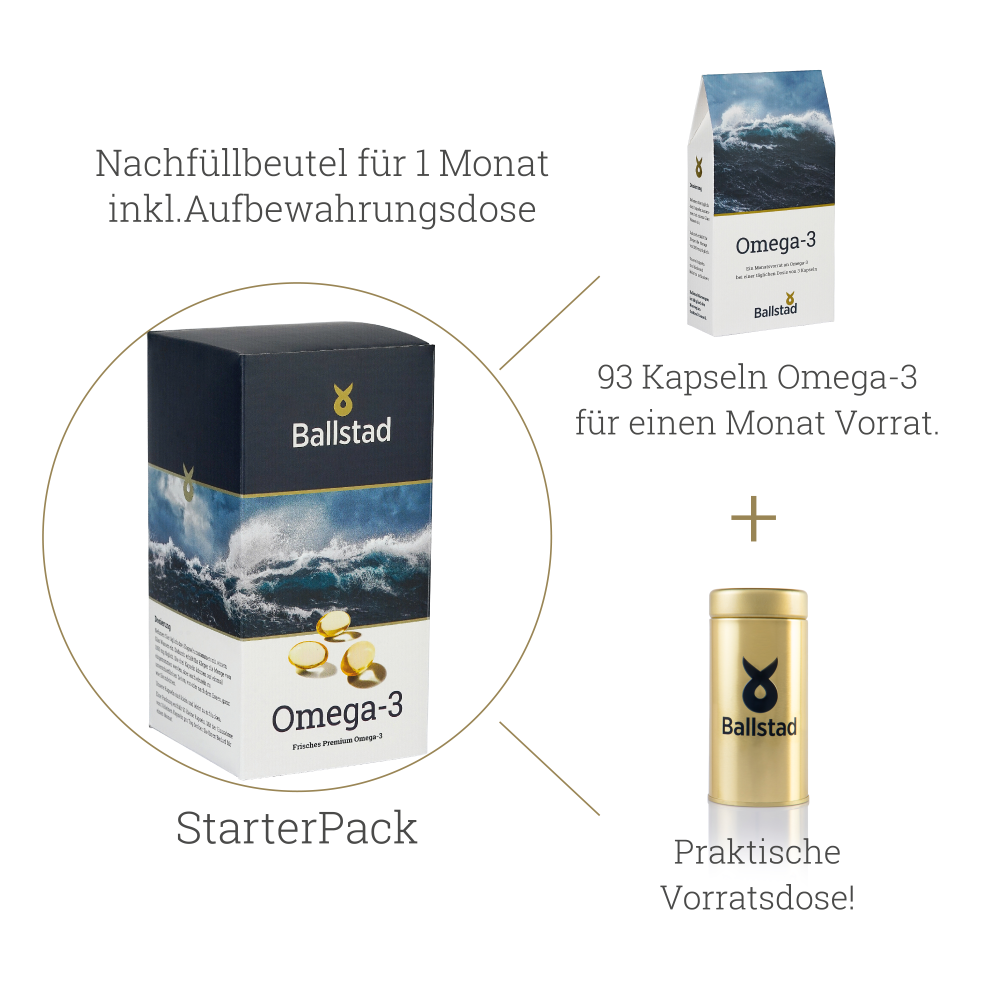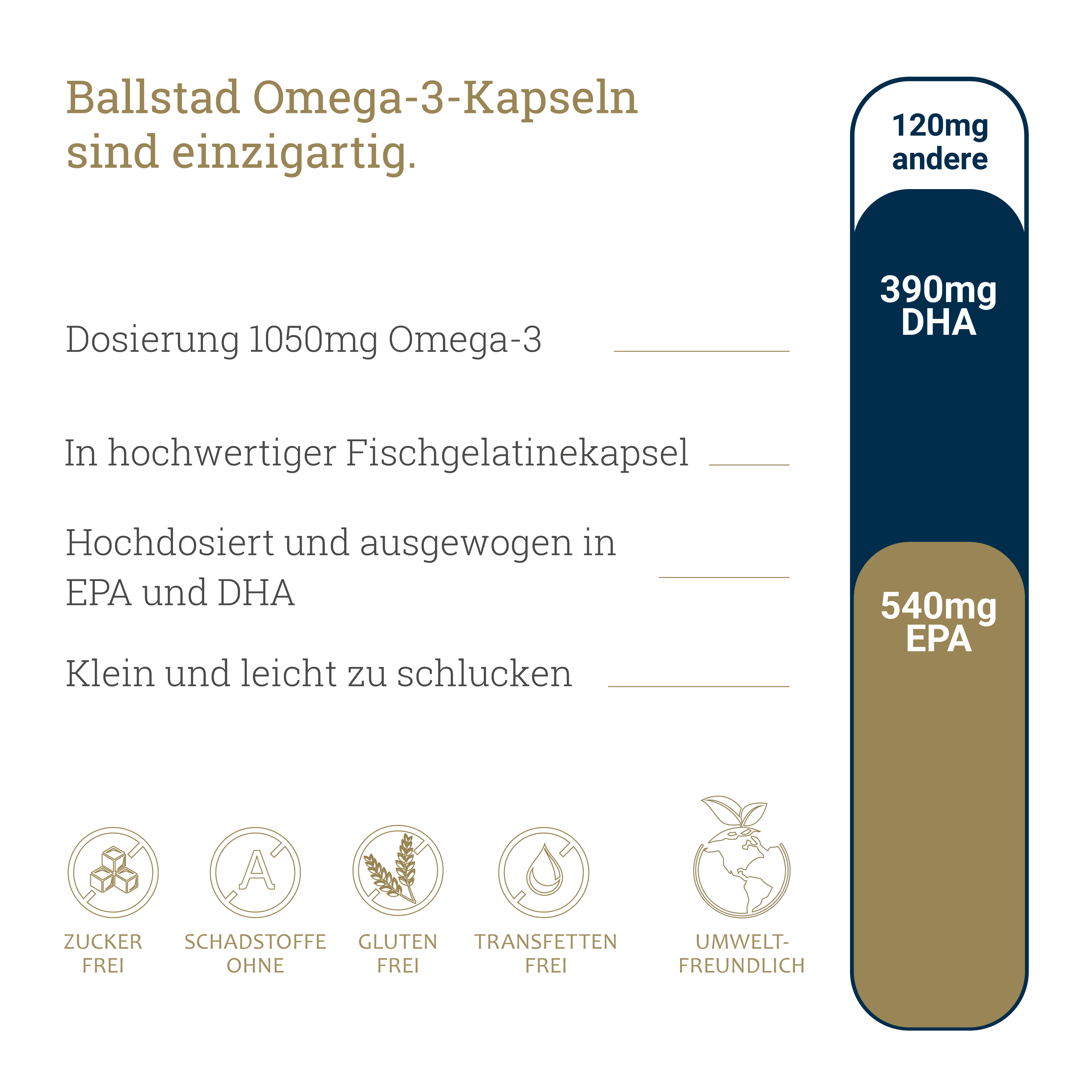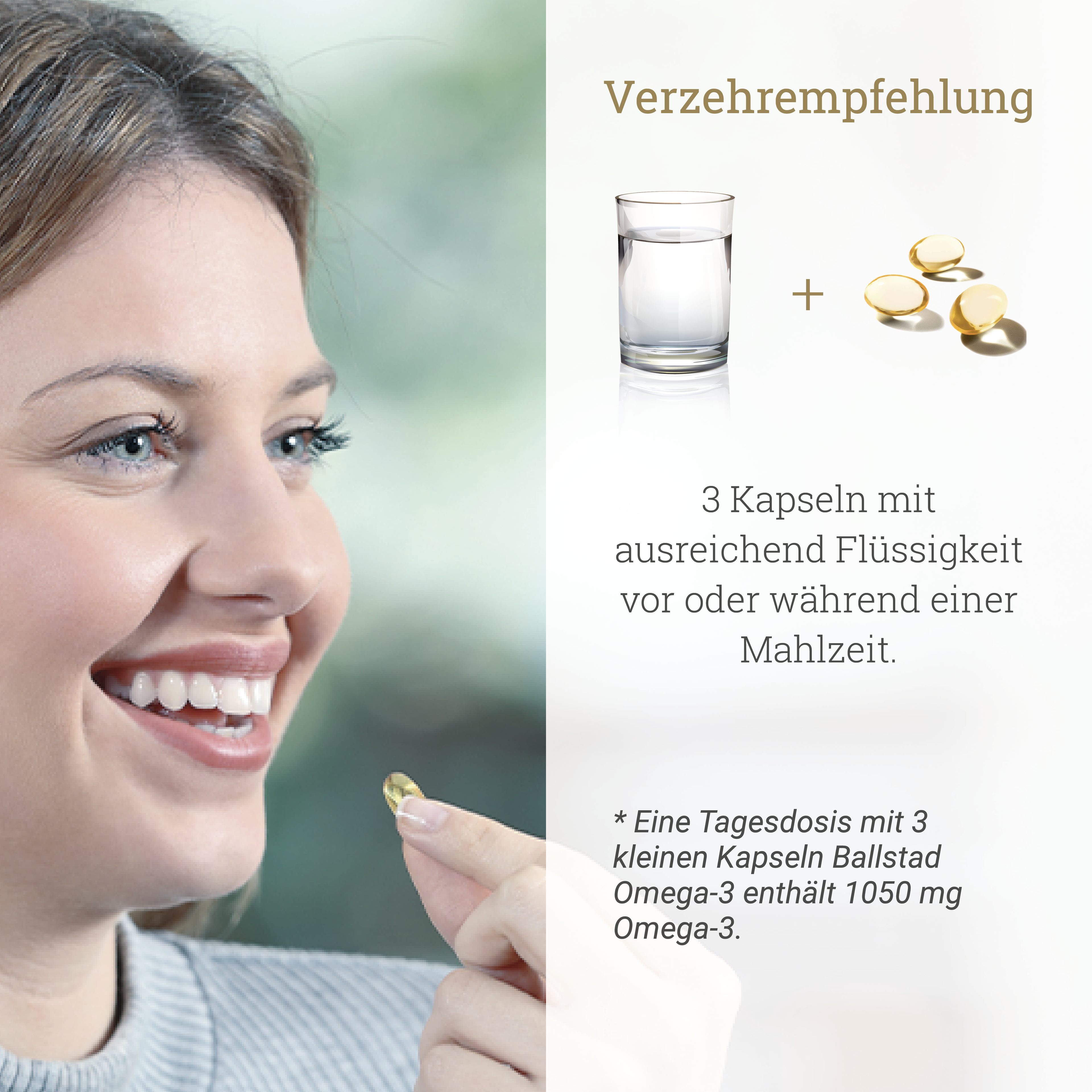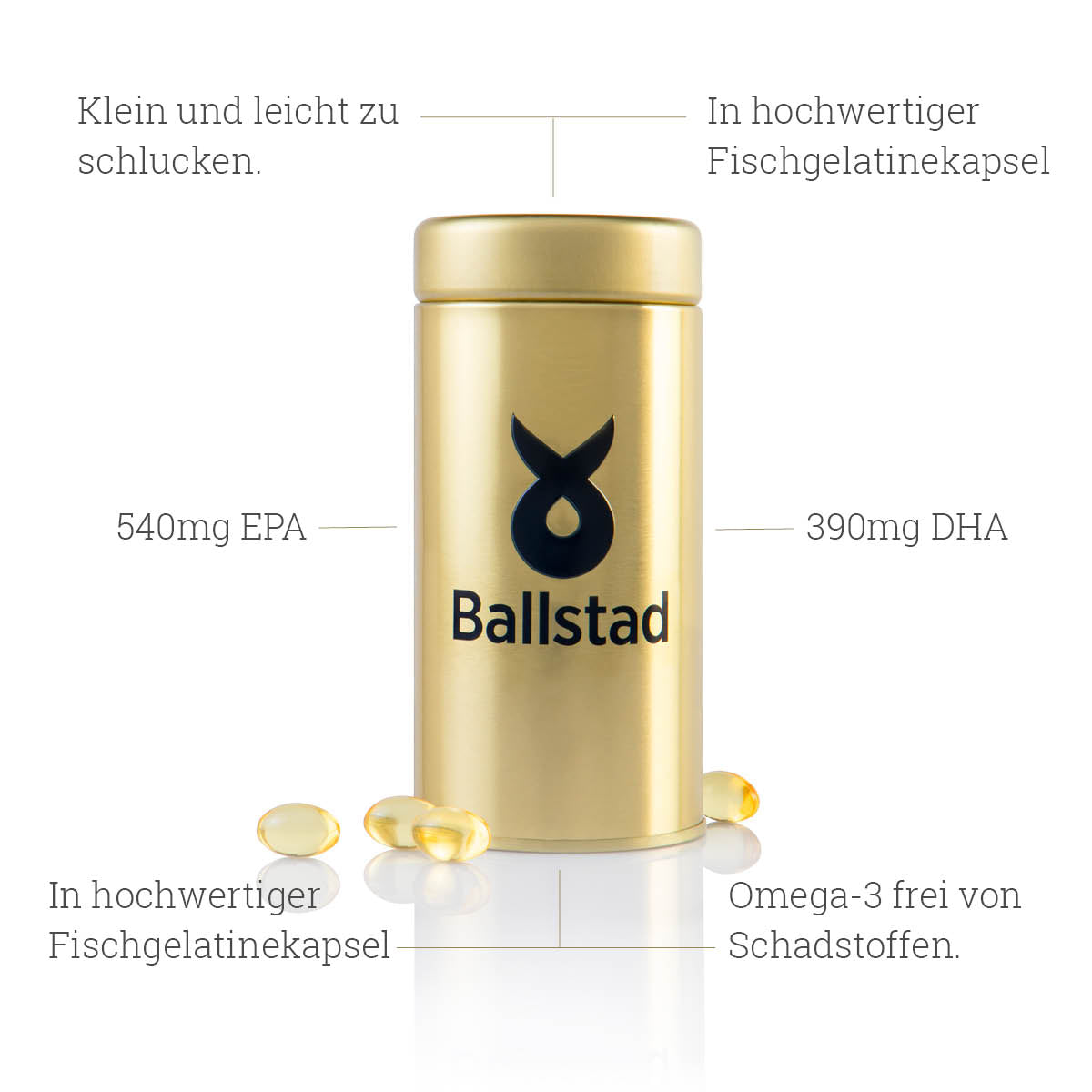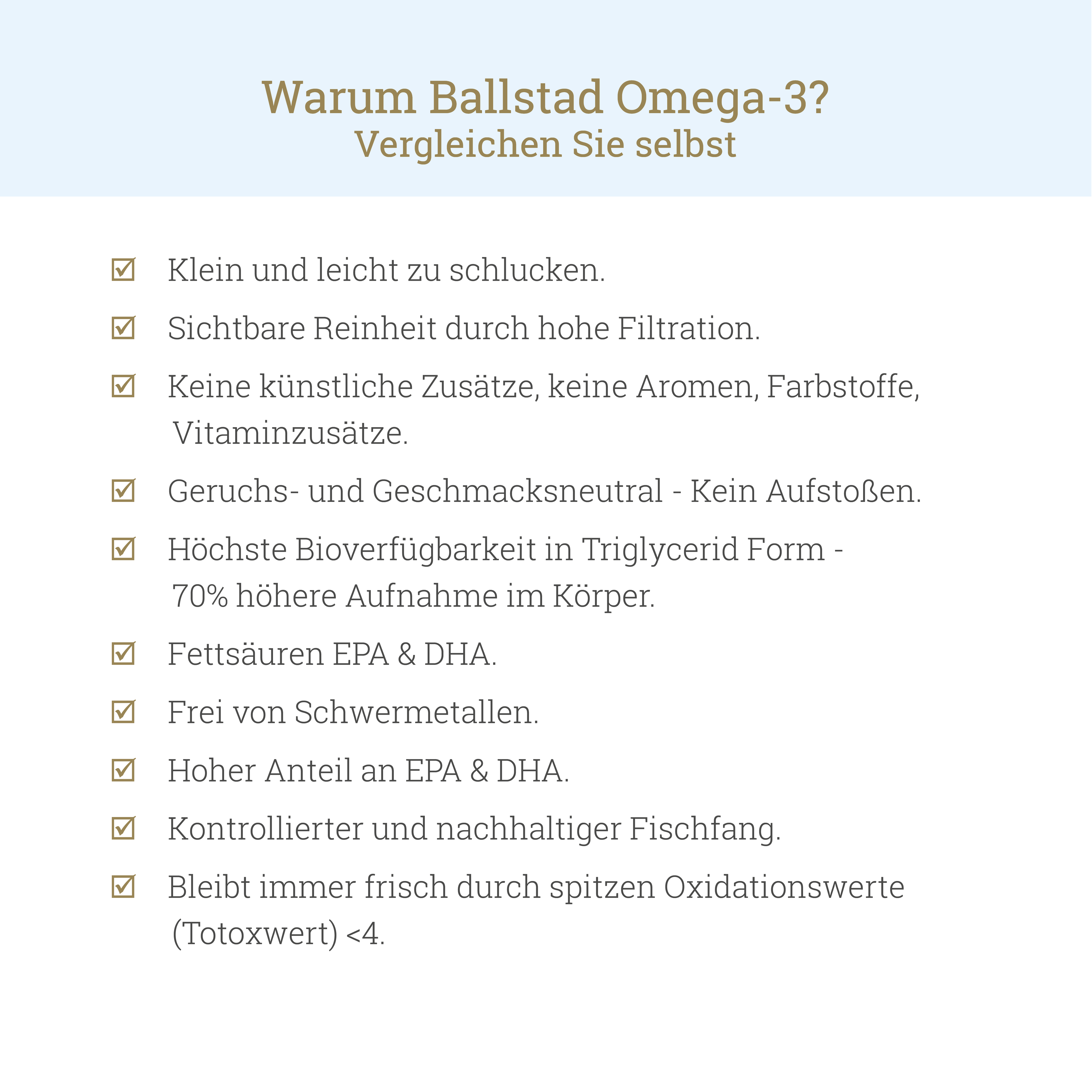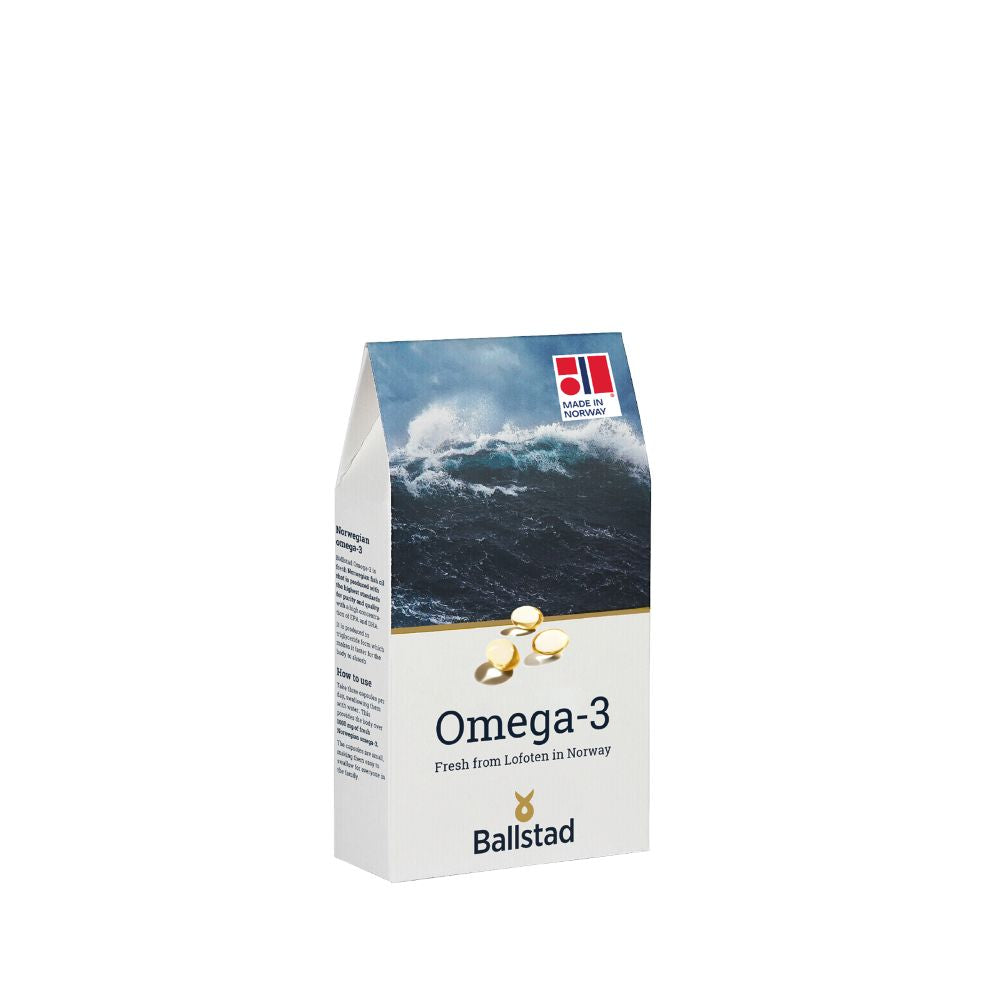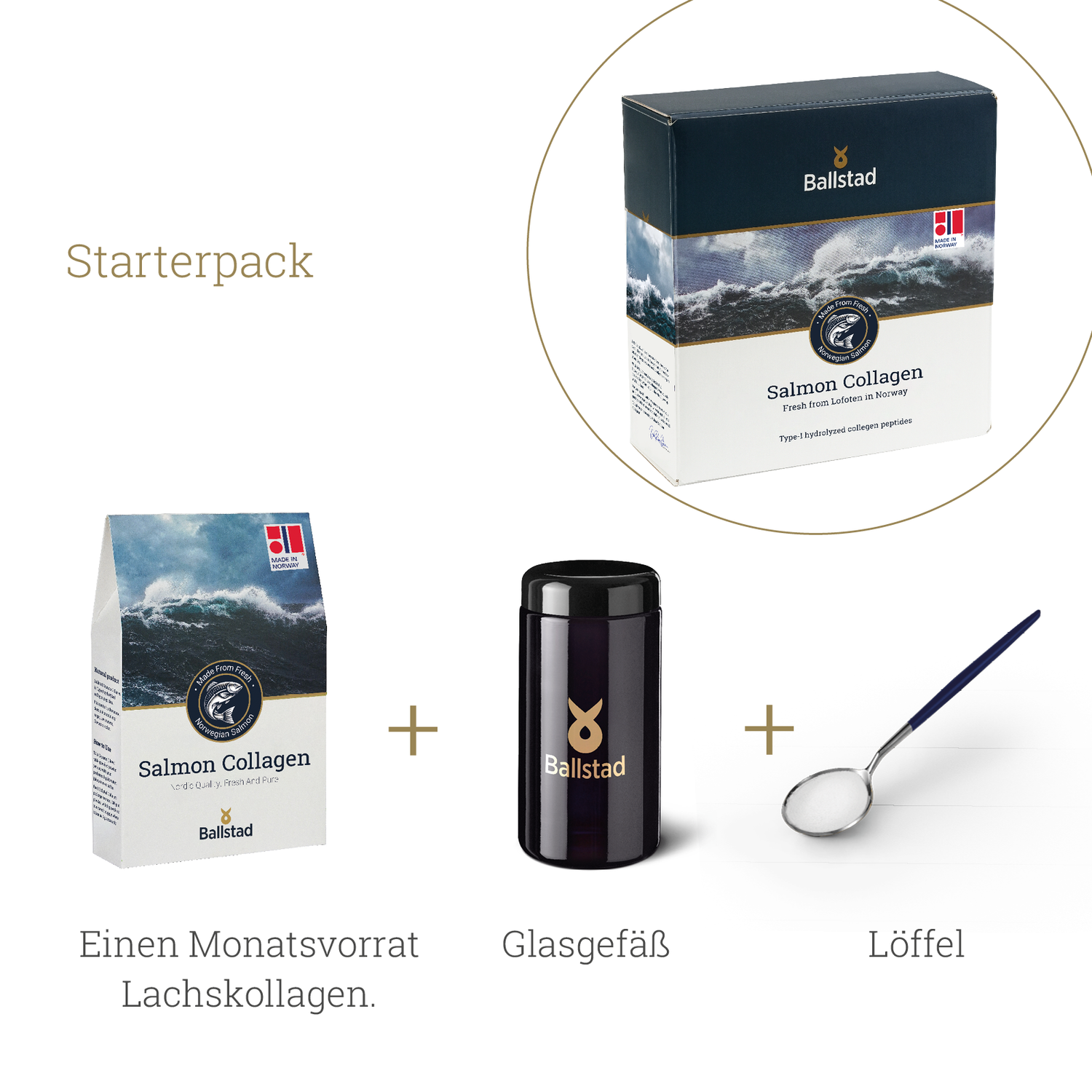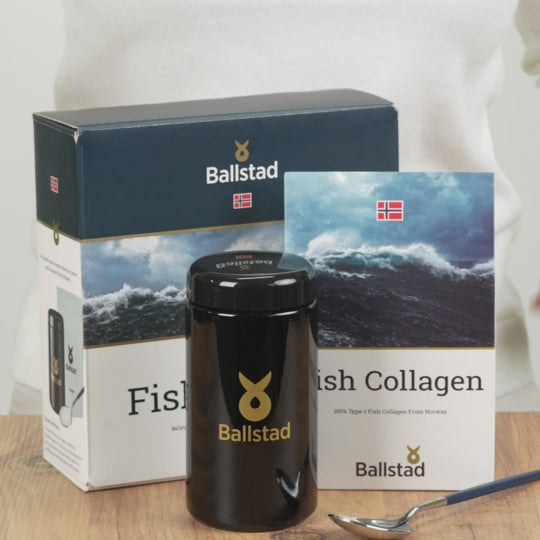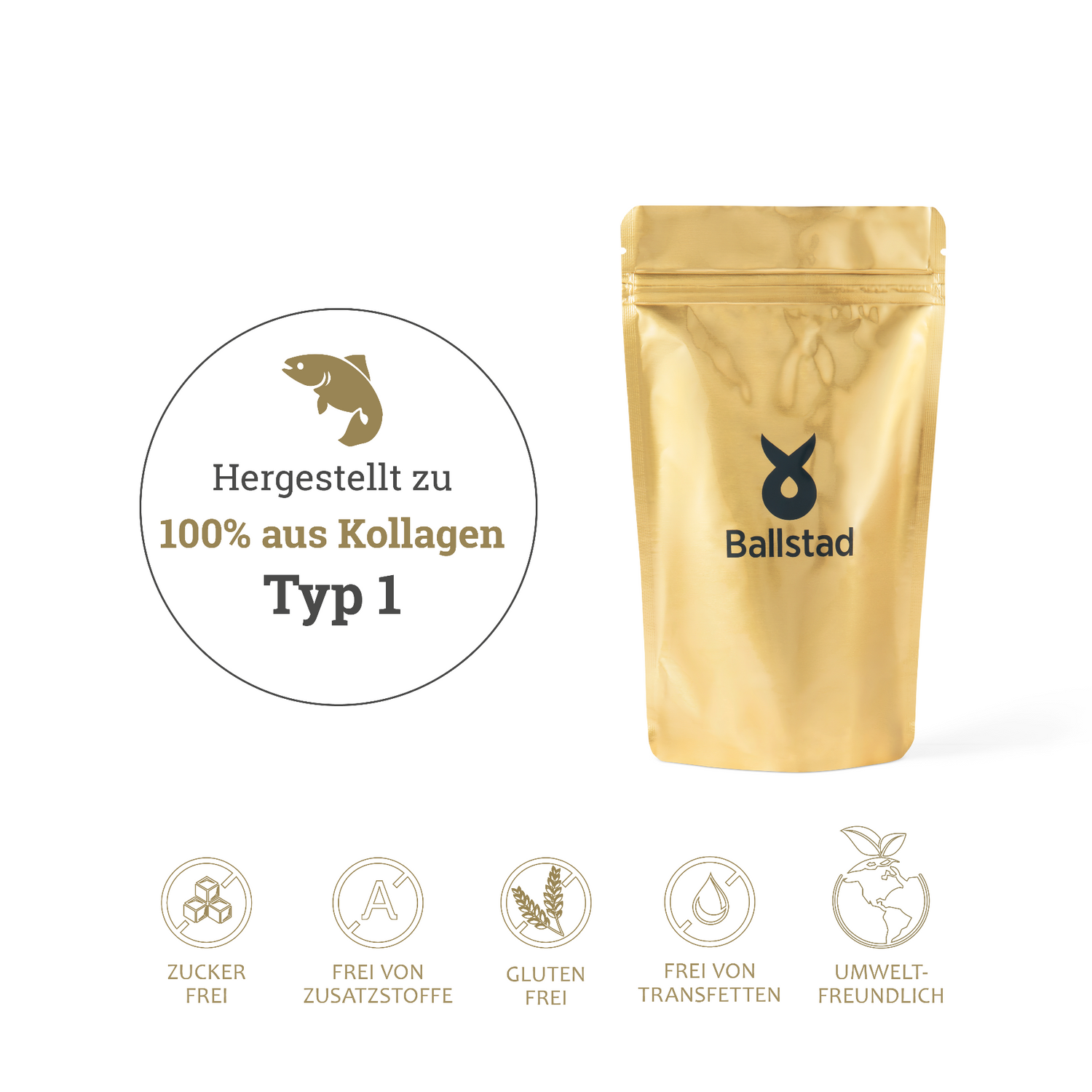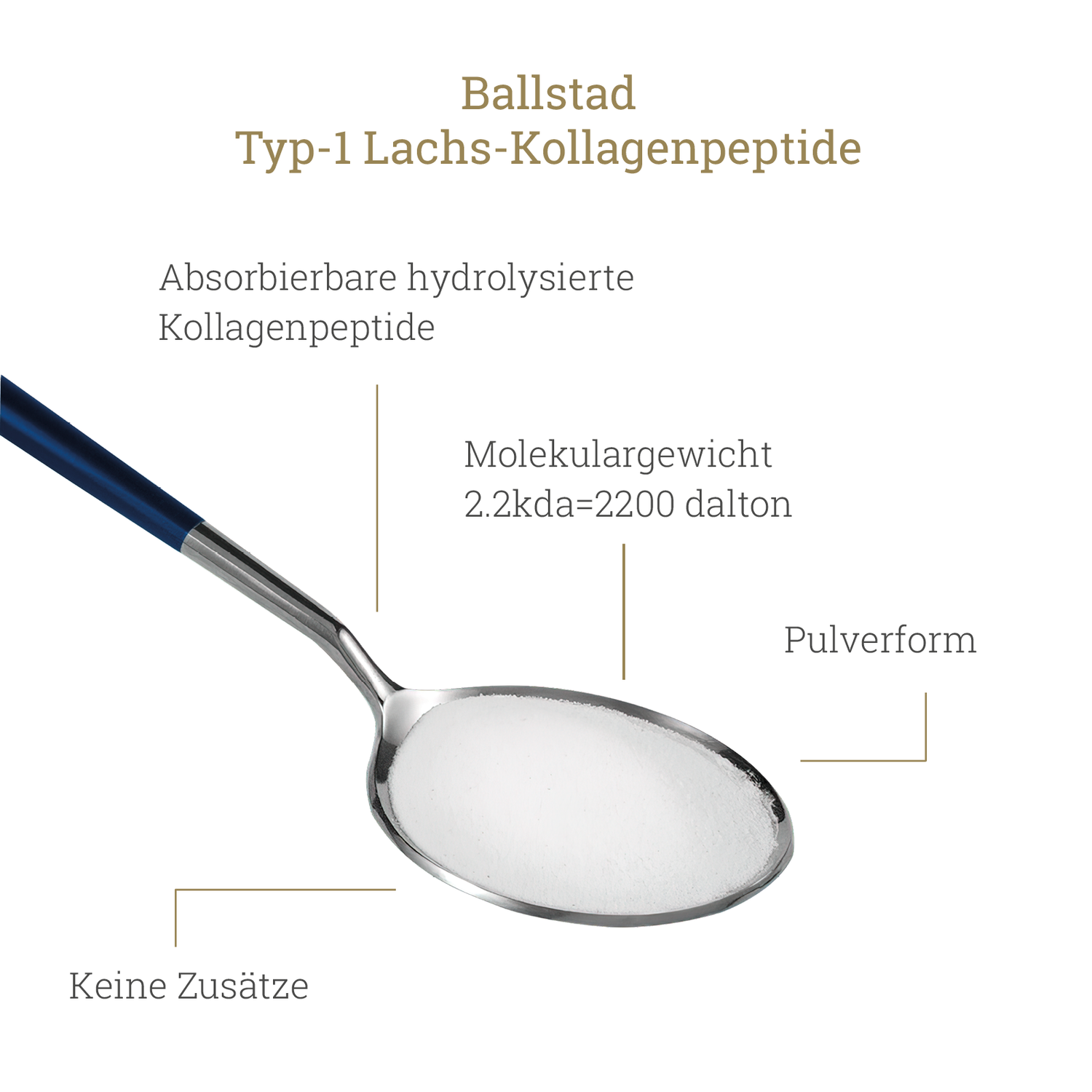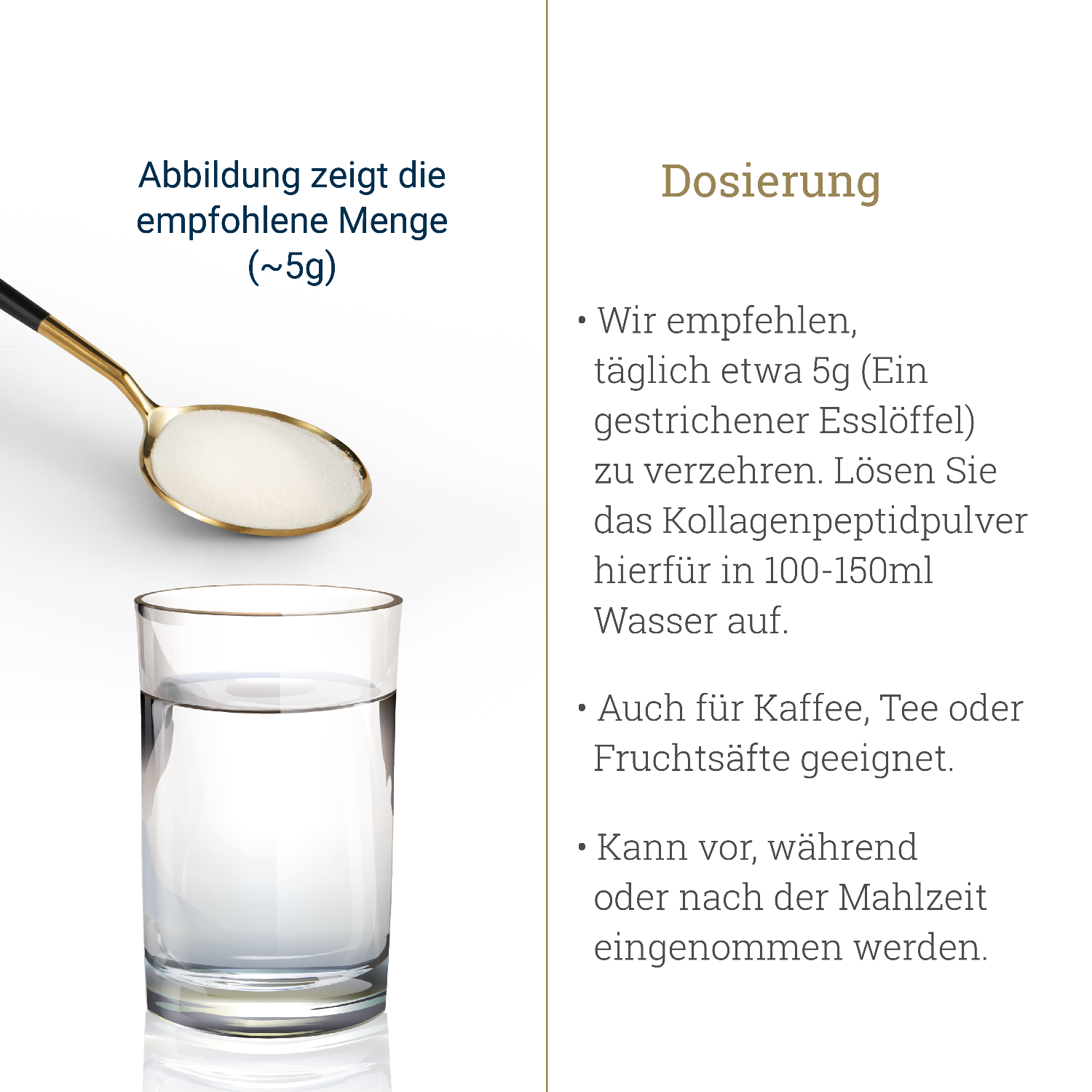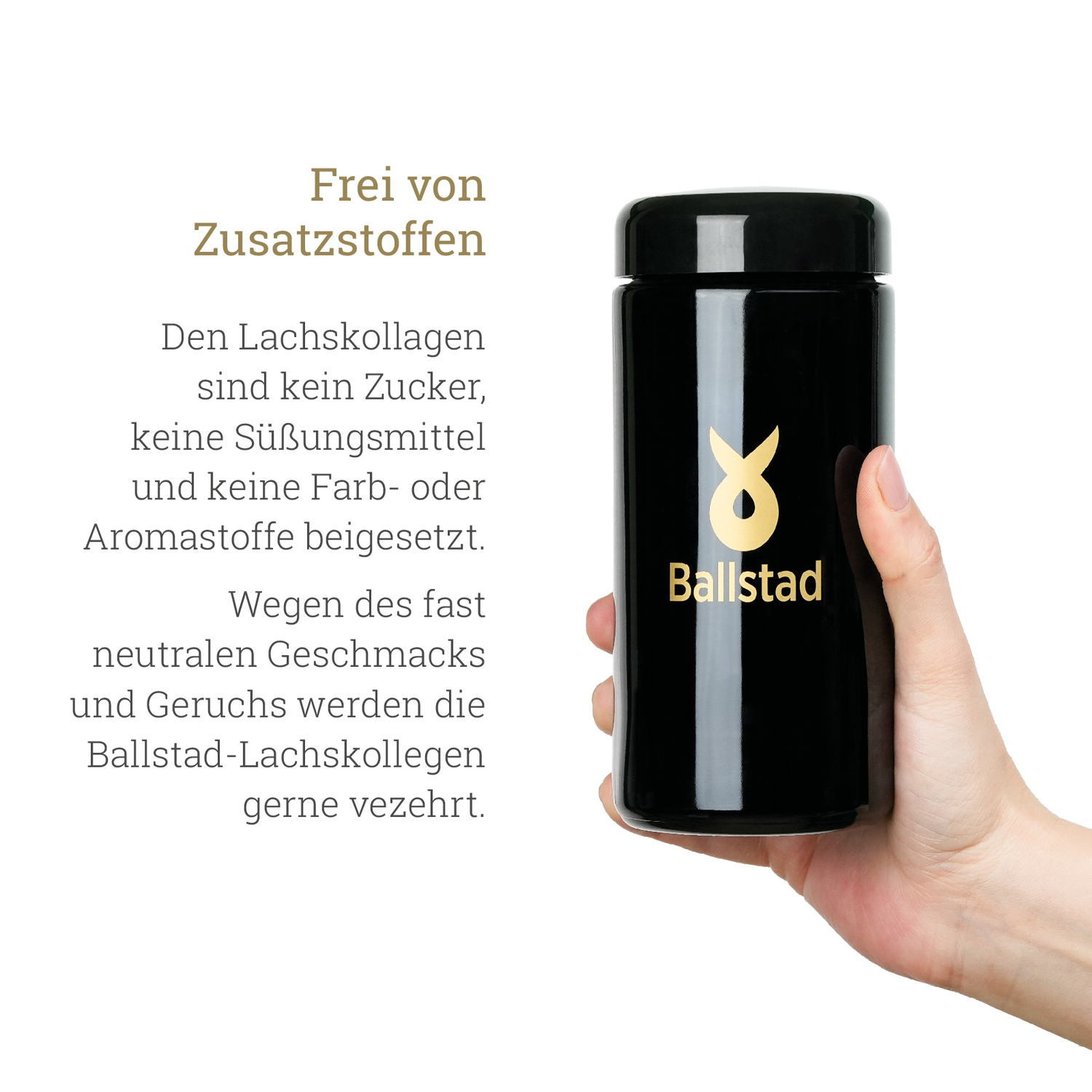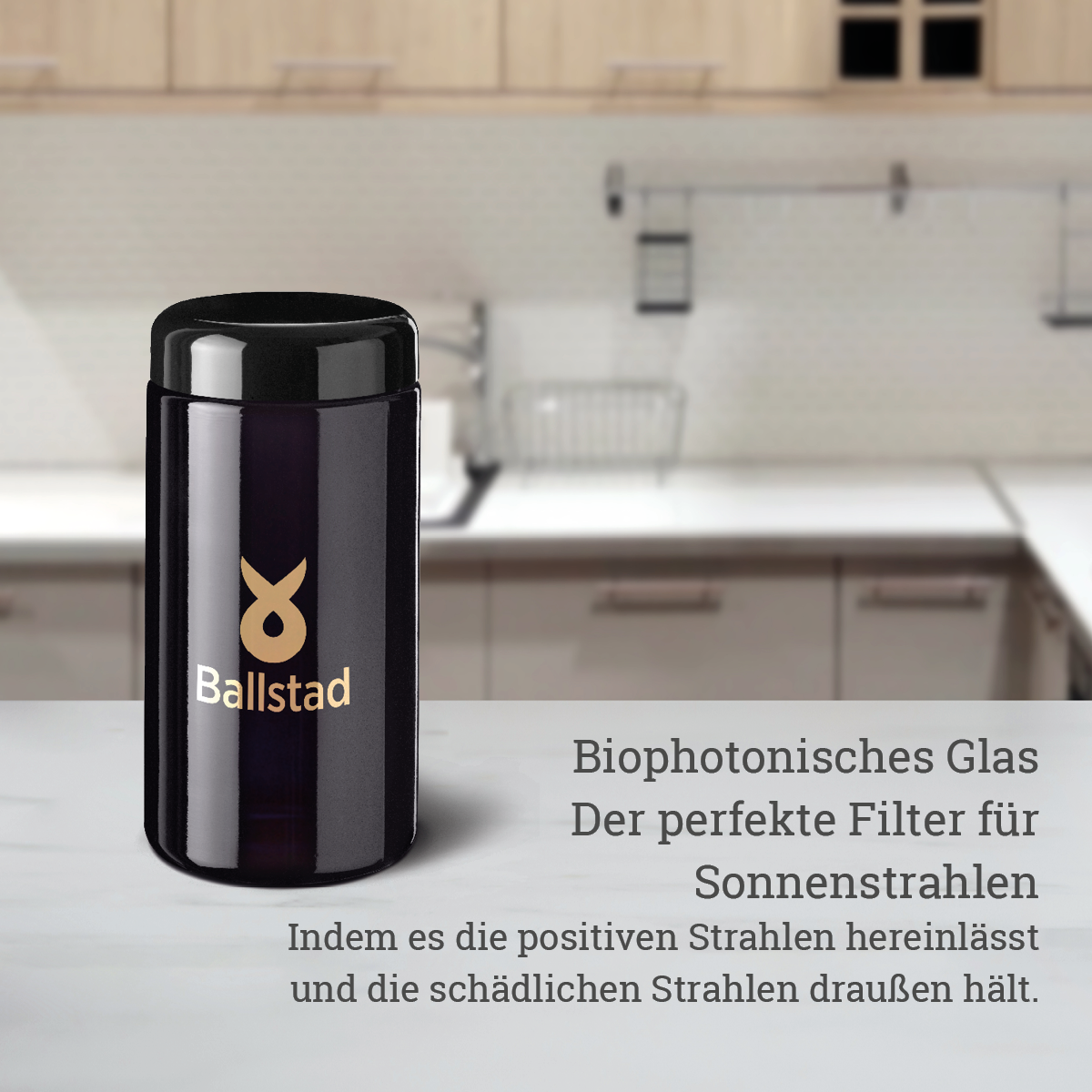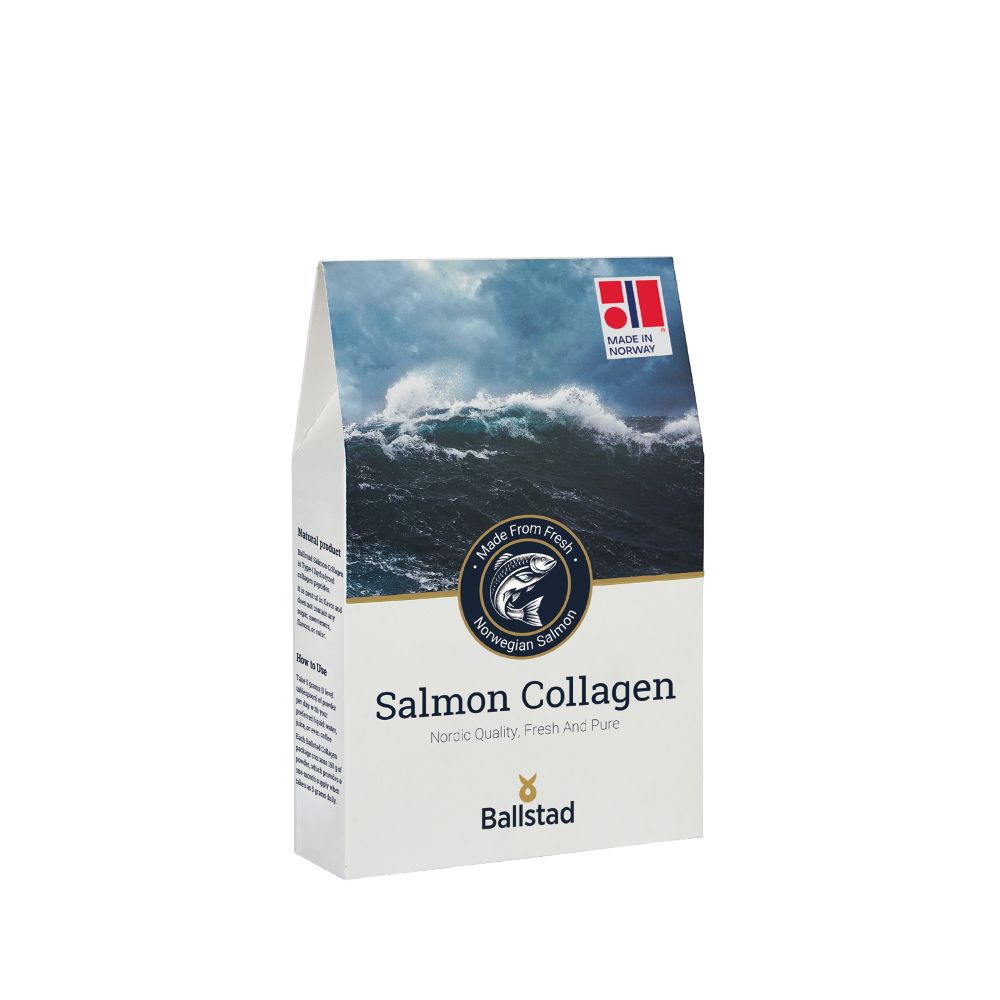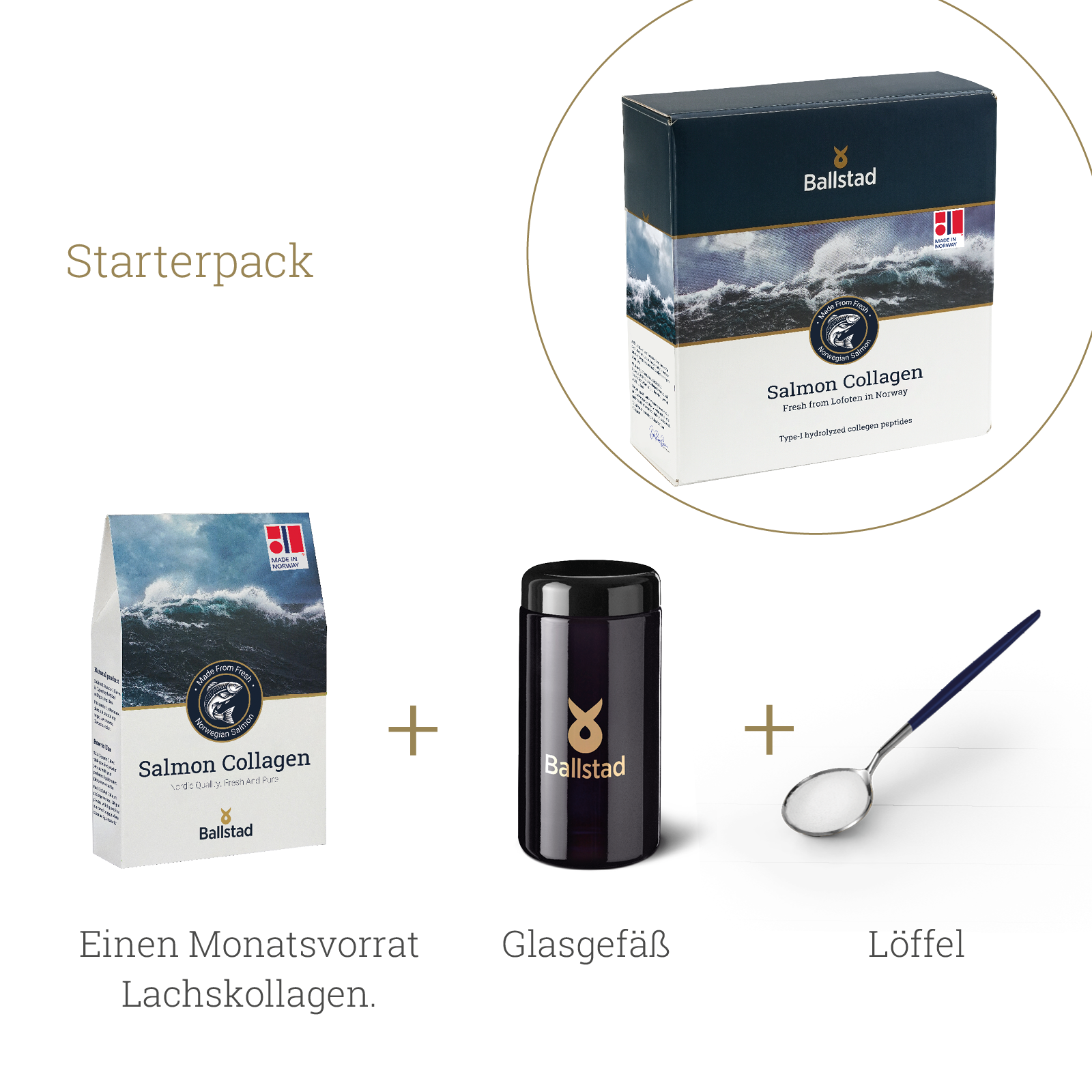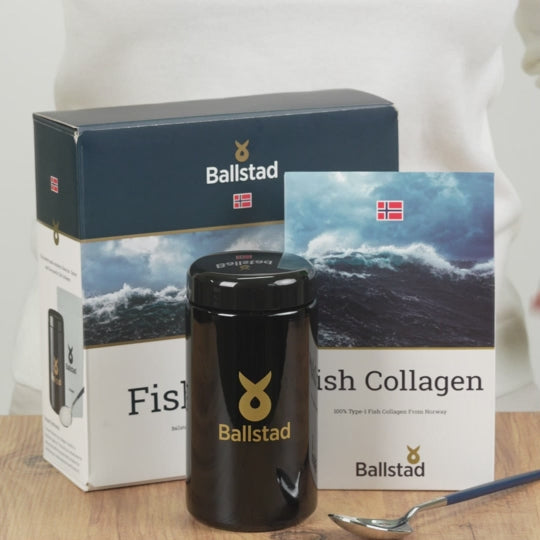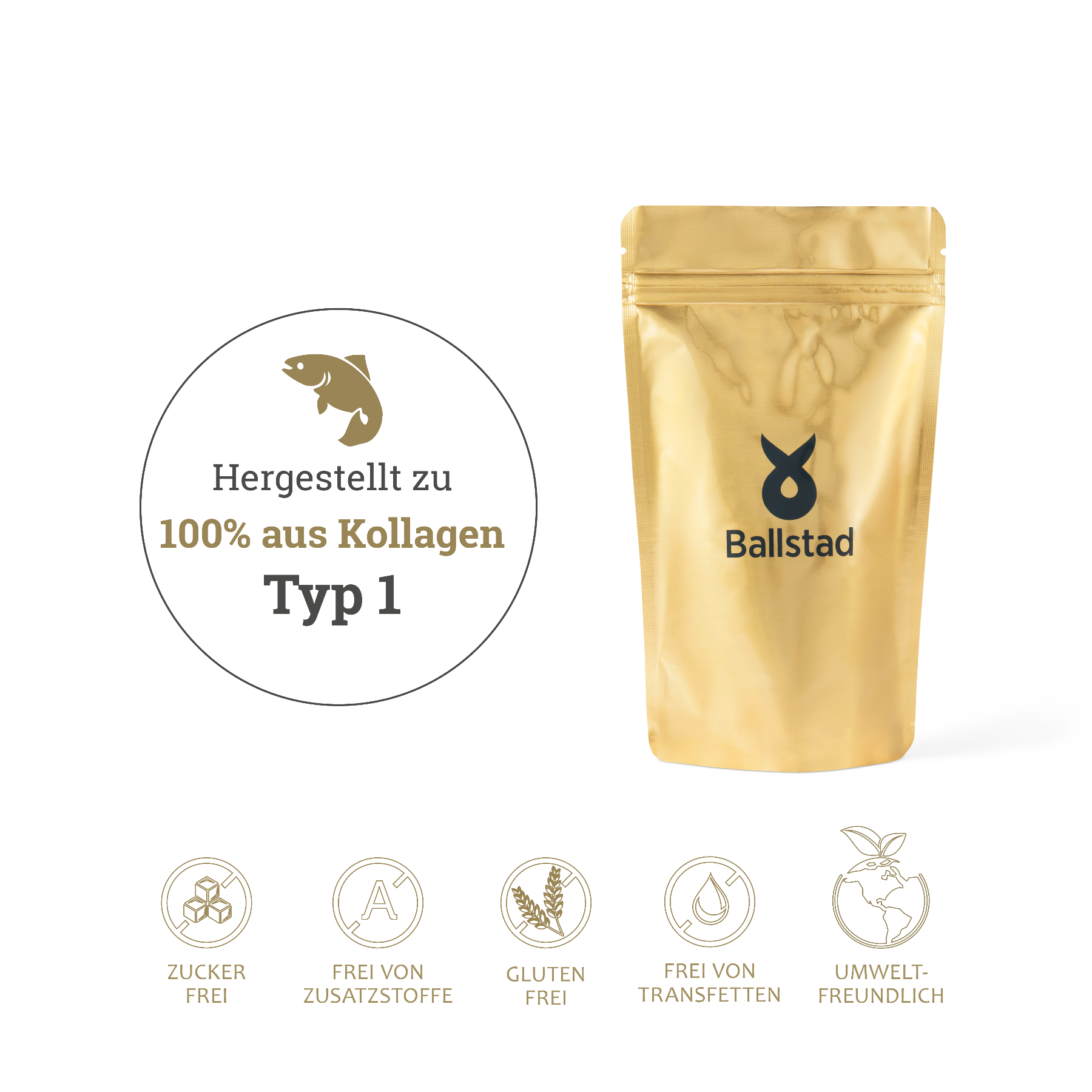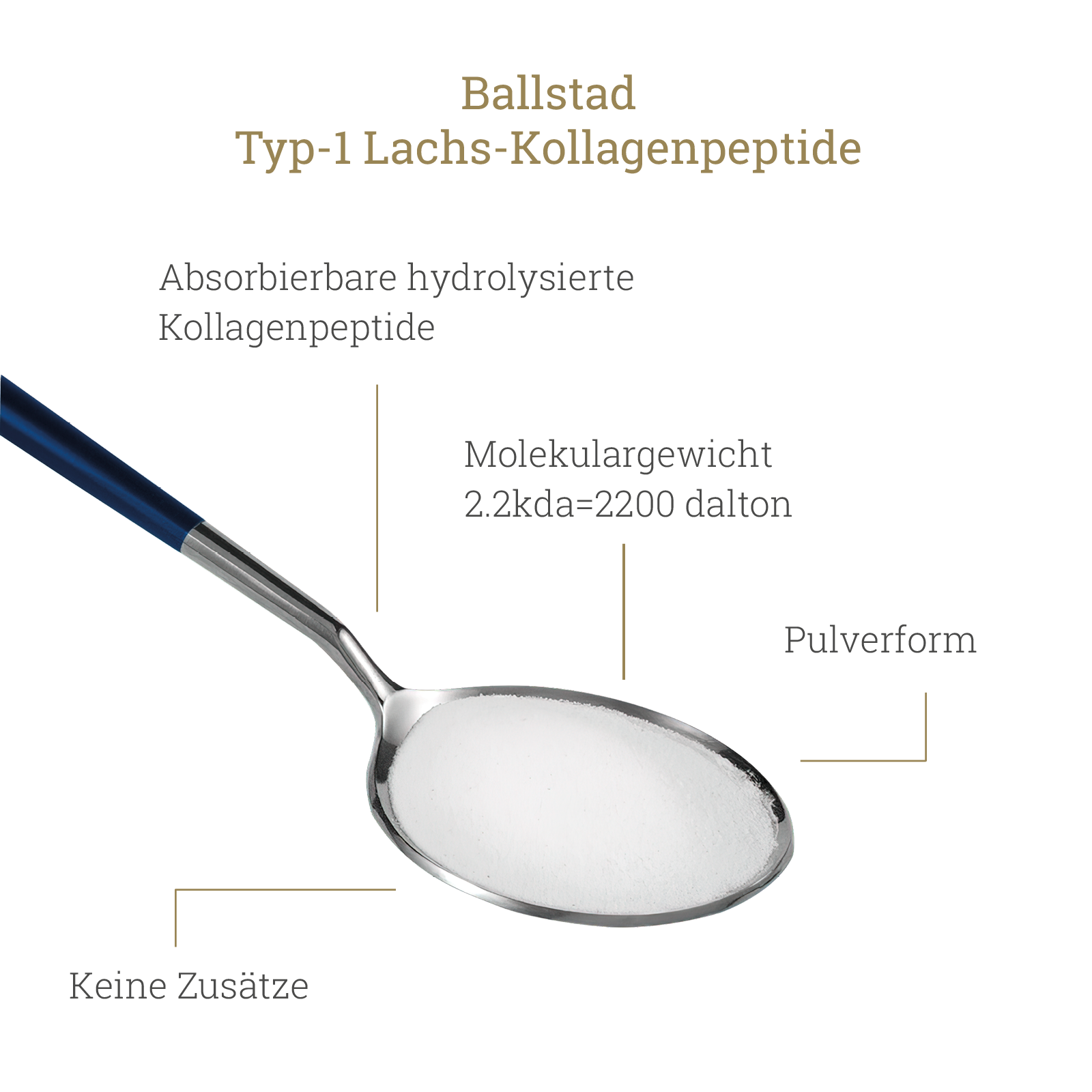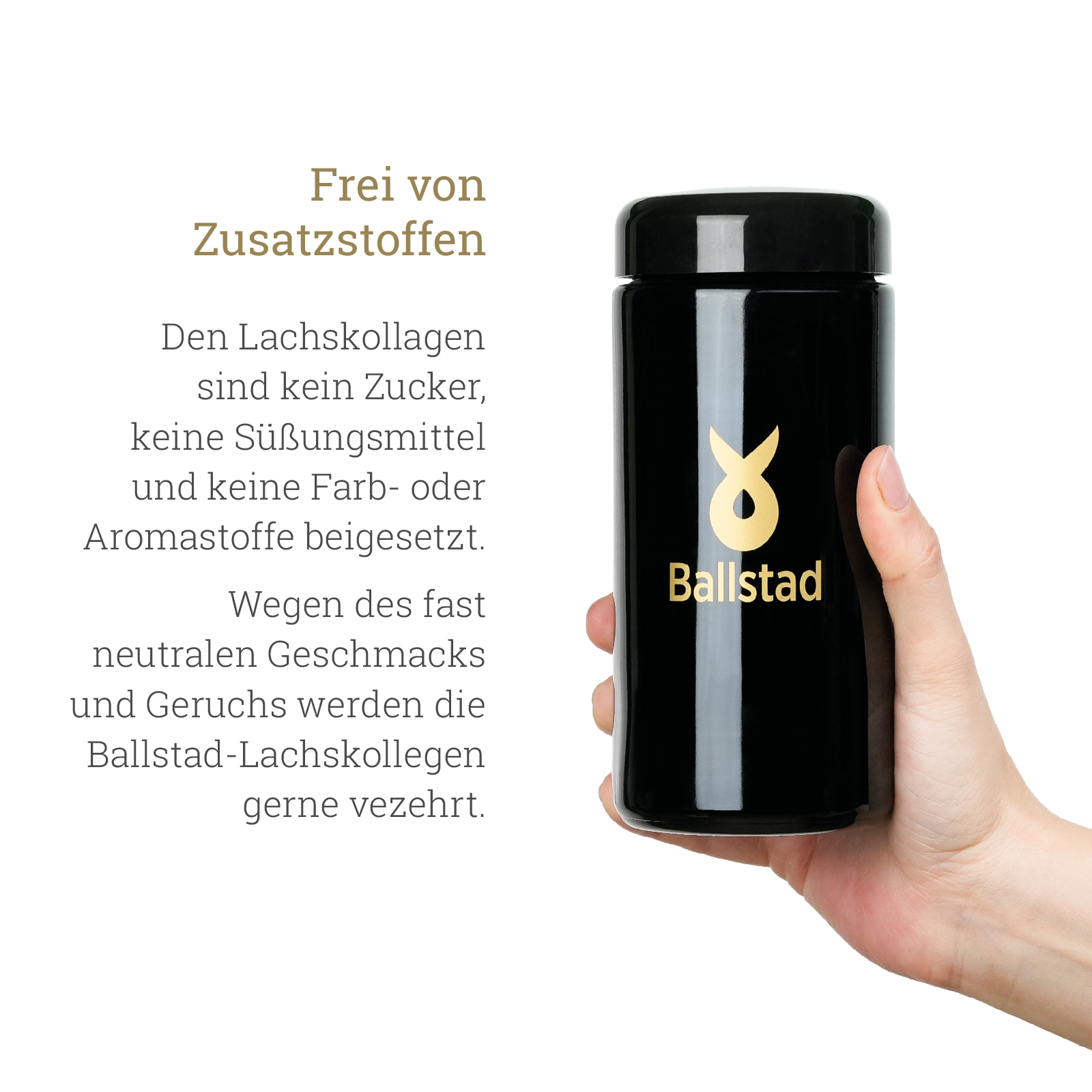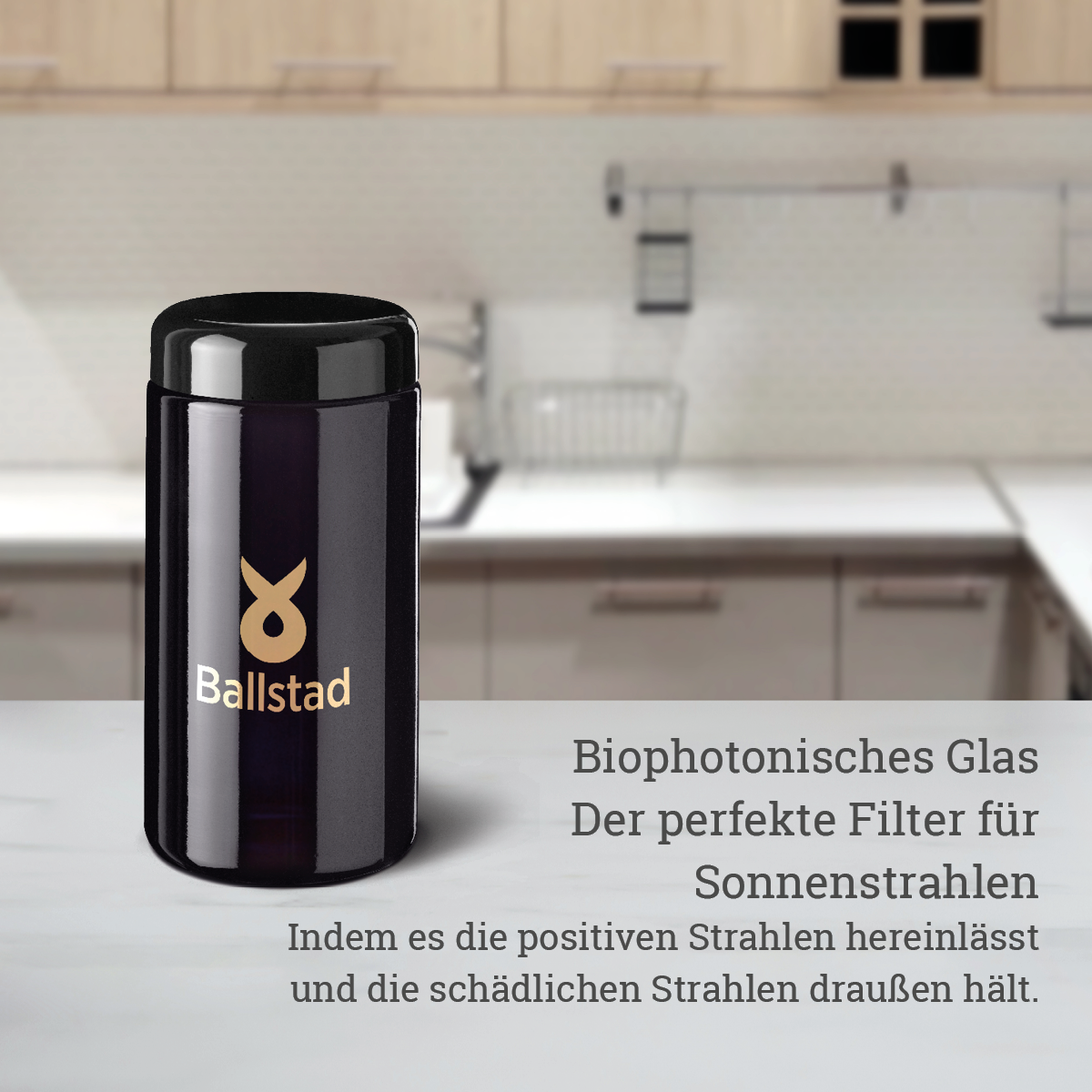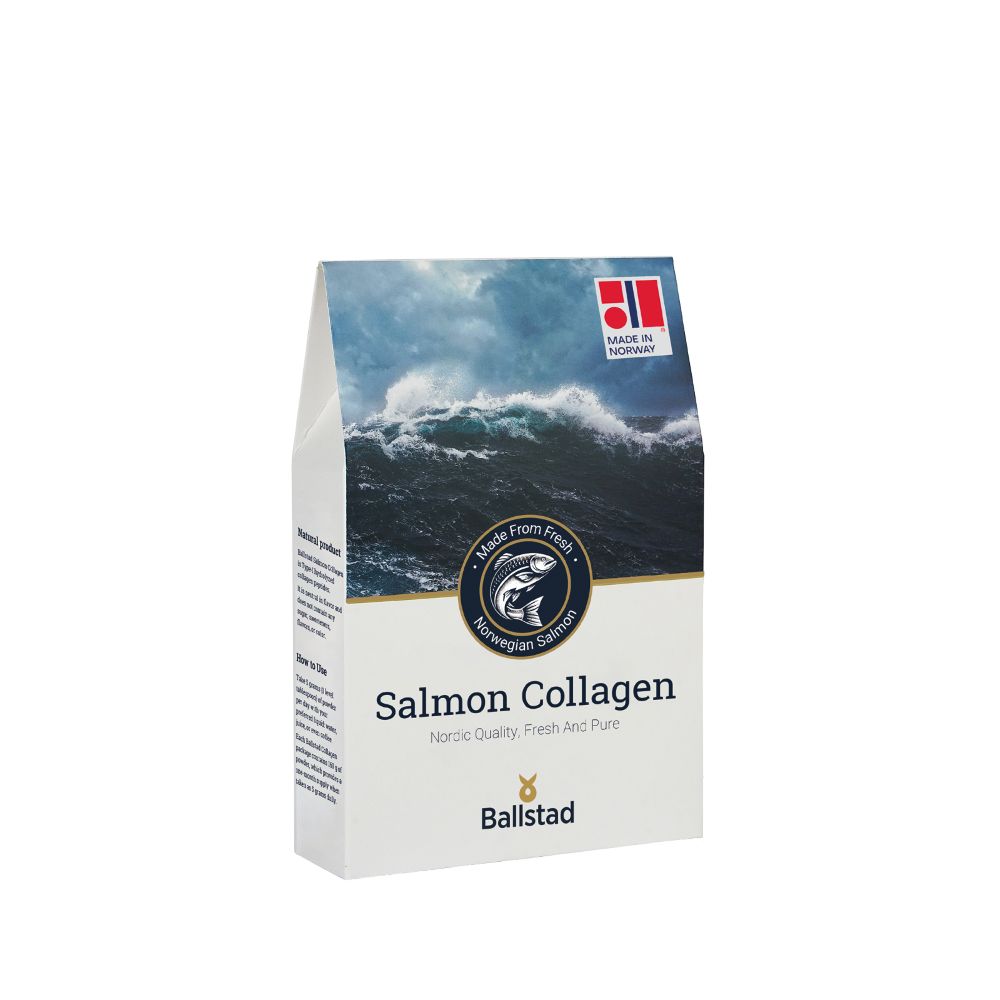Source: OmegaQuant
Author: Kristina Jackson
New research from Denmark suggests that higher omega-3 fatty acid levels in the blood of pregnant women may be associated with a lower risk of certain respiratory symptoms in their children. These findings support the discussion about supplementing DHA during pregnancy—as part of a balanced diet.
According to the CDC, asthma affects approximately 8.6% (6.3 million) of children under 18 in the United States and costs approximately $56 billion annually in healthcare costs. It is one of the most common chronic diseases in childhood. The researchers wanted to investigate whether supplemental EPA and DHA intake during the third trimester could influence certain respiratory symptoms in children up to the age of five.
The study was randomized, placebo-controlled, and double-blinded, and conducted at a center in Denmark. 736 healthy pregnant women were divided into two groups between the 22nd and 26th weeks of pregnancy: one received 2400 mg of long-chain omega-3 fatty acids (55% EPA, 37% DHA) daily, and the other a placebo (olive oil). The study continued until one week after birth. Blood samples were examined before and after administration, as were breast milk samples one month after birth. Pediatricians collected clinical observations over a period of five years—without knowledge of group assignment.
The main criterion was the occurrence of persistent wheezing up to the age of three or asthmatic symptoms thereafter. The study was entirely government-funded; the omega-3 capsules were not sponsored. This independence, as well as the methodology, underscores the reliability of the results.
Results of the study:
Omega-3 supplementation led to an increase in EPA+DHA blood levels from an average of 4.9% to 6.1%, while a decrease was observed in the placebo group. The so-called Omega-3 index (measured in red blood cells) increased from 6.9% to 8.3% in the supplement group and decreased from 6.9% to 5.5% in the placebo group.
These results are also remarkable because the baseline omega-3 intake in Denmark, at 321 mg/day, is significantly higher than in many other populations – for comparison, women of childbearing age in the USA consume an average of about 90 mg/day.
Differentiated evaluation:
Approximately 20% of the 695 children in the study exhibited asthmatic symptoms. This occurred in 17% of the supplement group and 24% of the placebo group. Particularly striking was the strongest association among women who had low blood EPA+DHA levels at baseline (<4.3%; comparable omega-3 index <6.2%). These mothers experienced a reduction in reported symptoms of over 50%.
Further analyses suggest that supplementation with EPA+DHA may have a positive impact on the risk of certain respiratory symptoms in children, particularly in women with low to moderate baseline levels.
Legal notice
These results are based on scientific observational data and do not represent any medical or health-related promise of healing. Food supplements are not a substitute for a balanced and varied diet.


